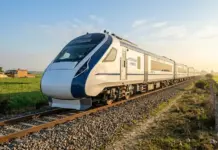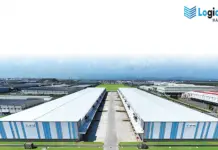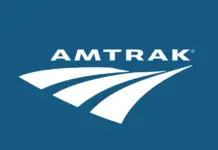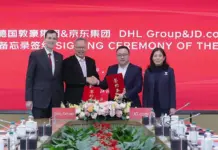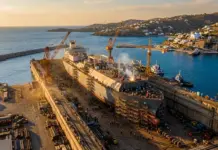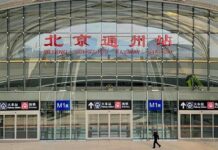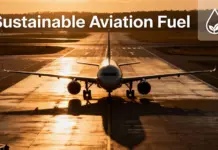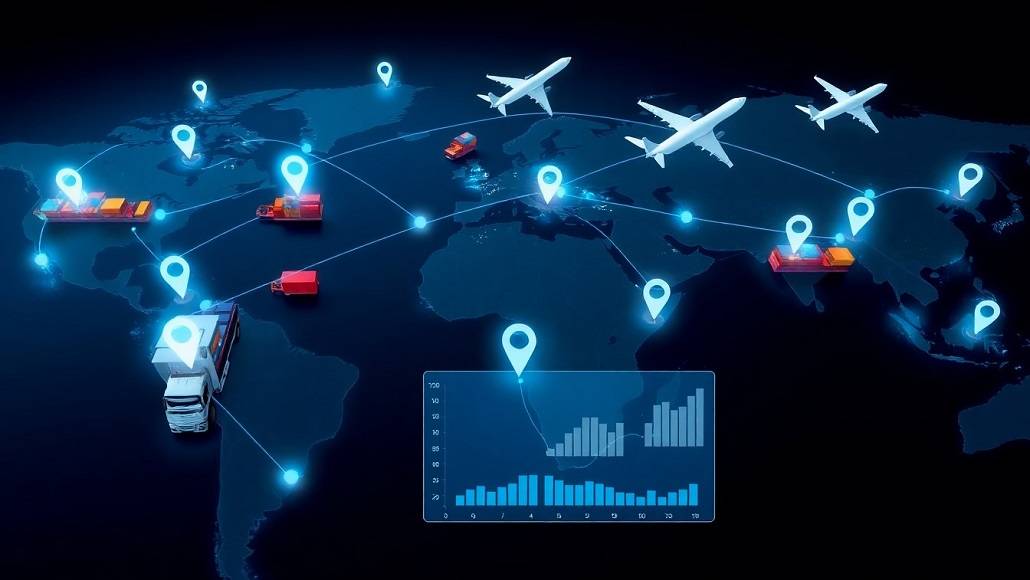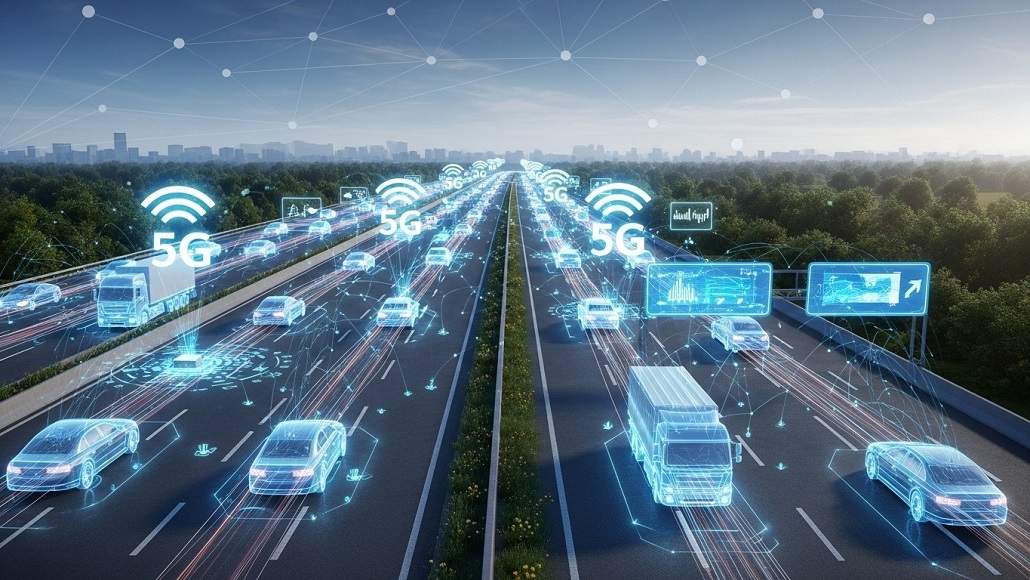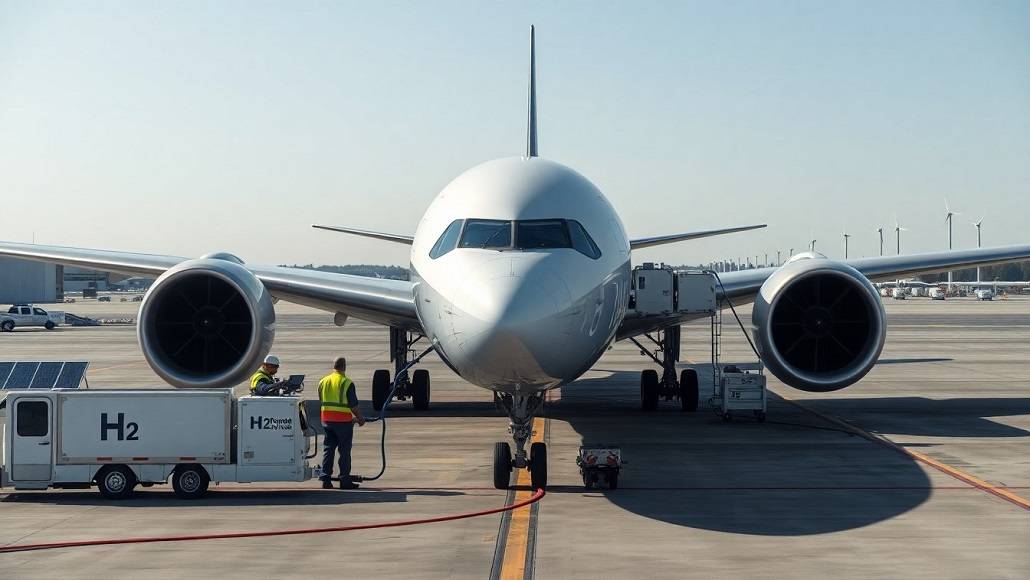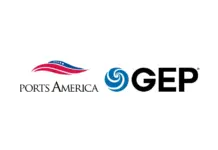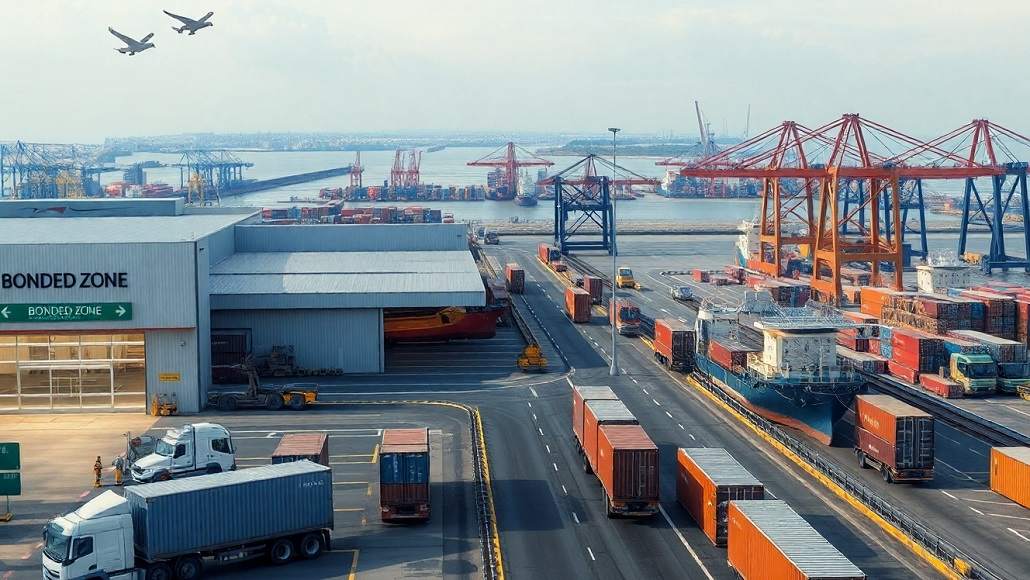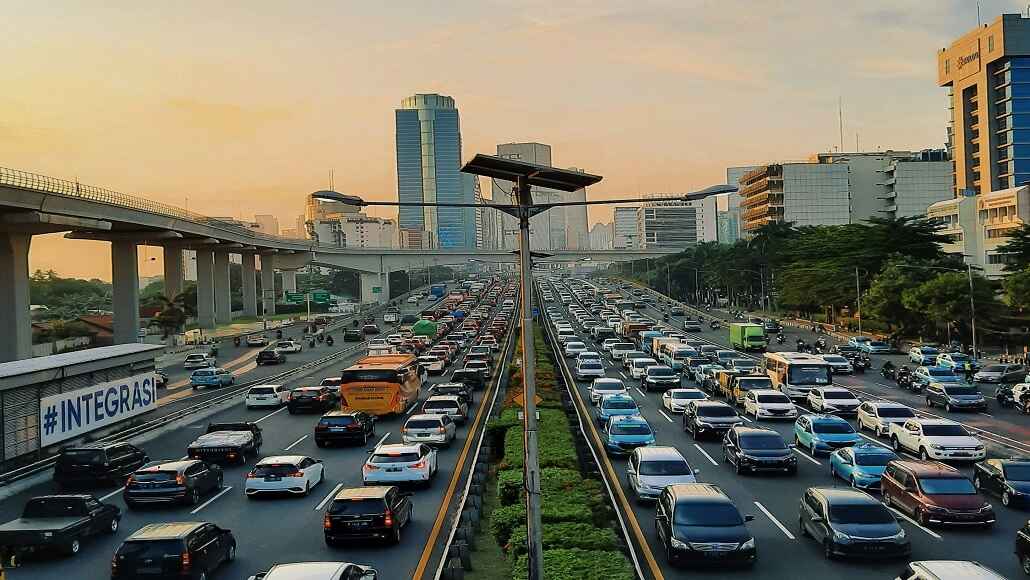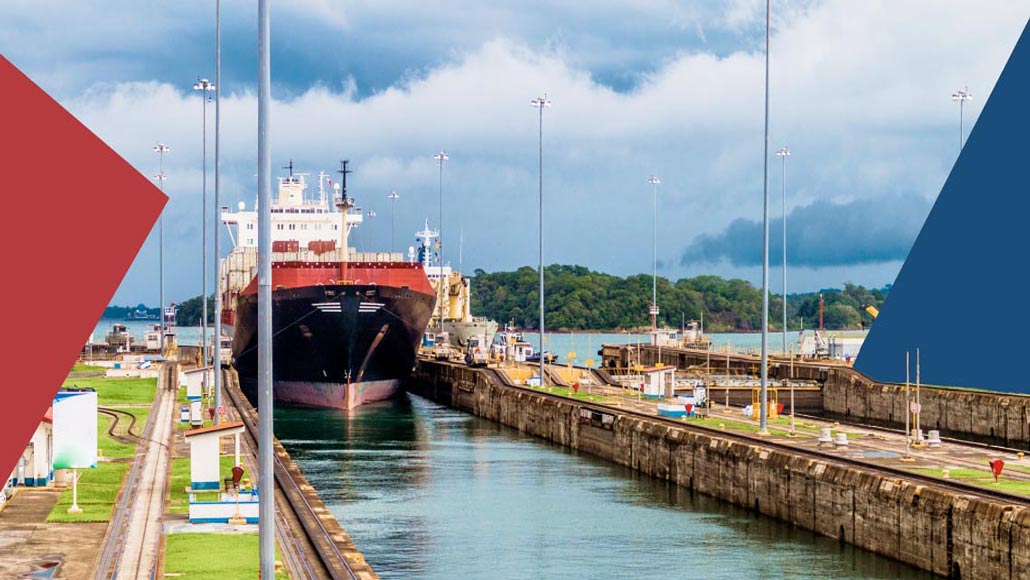The Panama Canal Authority (ACP) is moving forward with plans to tender out the construction and operation of two new terminals designed for LPG tankers, its chief executive confirmed to Bloomberg. This move forms a part of the larger ambitions to update and expand the Canal infrastructure. The port authorities have previously said the waterway plans to invest some $8.5 billion for its ambitions to increase services related to cargo handling, including trans shipment, storage and gas transportation, and to secure fresh water for operations.
Positioned on opposite sides of the isthmus, the Panama Canal port terminals will be linked through a dedicated pipeline, offering LPG shippers the ability to transfer cargo from the Atlantic basin to the Pacific without transiting the canal.
The concept of a trans-Panama LPG pipeline has been under consideration for several years. It originates from surging U.S. Gulf Coast production of ethane and propane, coupled with sustained demand from Asian buyers. Traditionally, shipments moving between the US gulf coast (USGC) and East Asia are loaded on very large gas carriers (VLGCs) and routed through the canal. However, last year’s drought conditions significantly curtailed VLGC passages and disrupted trade flows. By creating a pipeline, shippers would be able to offload cargo on one coast of Panama and reload it onto another vessel on the opposite side, avoiding potential draft limitations and delays tied to canal transits.
According to ACP CEO Ricaurte Vásquez, Panama Canal port Terminals are important as future requirements for LPG transport across Panama could increase as Chinese petrochemical companies continue to expand their ethane consumption. If part of this traffic is redirected through the Panama Canal LPG pipeline, it would also free up capacity on the New Panama Canal for larger carriers such as LNG vessels.
Vásquez explained that this initiative marks a strategic step for the ACP to participate more directly in port operations, according to Bloomberg. While the authority has historically focused on canal transit and not in cargo facilities, he noted that “we are coming into the game of port terminals.”
In line with this approach, ACP will soon open a tender to select an operator for the LPG facilities on both the Atlantic and Pacific coasts. Earlier this year, the authority authorized the bidding process to choose a contractor for the Panama Canal LPG pipeline.



